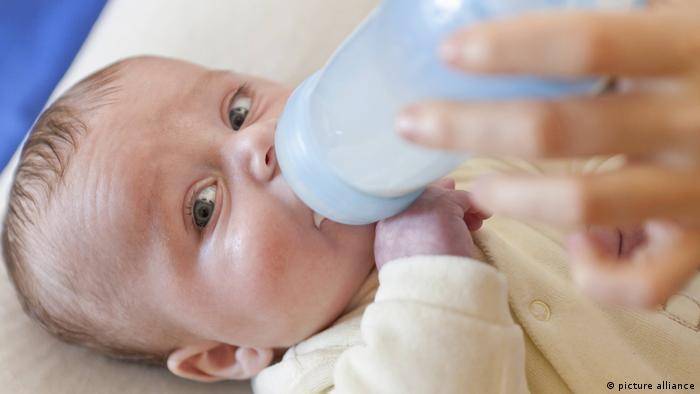Smuggling has never been limited to baby formula, as confirmed by the Minister of Health in the caretaker government, Dr. Firas Al-Abyad. Illegal crossings in northern Bekaa, alongside those in the north, have become a platform for all types of goods that the Lebanese people have been deprived of since the crisis began. Over the past three years, smuggling operations have resurfaced across illegal crossings established by smugglers, each with its own designated crossing, which has become the responsibility of those smugglers. This profession, historically tied to border villages and towns, was a source of income for many, with various goods being smuggled such as fuel, drugs, and vehicles. The range of smuggled goods has expanded since the economic crisis began in Lebanon in 2019, coupled with the subsidy debacle that allowed wealthy traders to profit at the expense of the Lebanese population.
Smugglers found an opportunity to sell subsidized goods from the Lebanese government, such as flour, fuel, and food items, at twice their price in the Syrian market, which has been in deep crisis for a decade and where prices have skyrocketed. Meanwhile, Lebanese people remained helpless bystanders, unable to stop these violations, despite the Lebanese Army bearing additional burdens and responsibilities in dealing with this issue and working to prevent smuggling and shut down these crossings.
Several types of goods have marked smuggling at various times. It started with oil and food products in the summer of 2021, continuing with subsidized flour last year, while the smuggling of gasoline and diesel never ceased. Smugglers even resorted to transporting them in gallon containers on motorcycles. The crisis has now reached infants who have not yet reached one and a half years of age following the removal of subsidies for their designated milk (primarily types 1 and 2). Last week, the Minister of Health announced the removal of subsidies for all types of milk, noting that the subsidized quantities were sufficient for two countries, referring to the exports to Syria, and that there was no plan in place to control smuggling.
The suffering of parents, particularly those with infants in Baalbek-Hermel, has intensified over the past week. As they faced the crisis of missing milk, smuggling, and soaring prices aligned with exchange rates, their voices grew louder after the complete removal of subsidies led to a lack of milk in pharmacies due to confusion in setting the new prices. Some pharmacies resorted to a black-market strategy similar to what they did previously with medications. However, an infant, who requires a can of milk every three days, cannot wait for a ministerial or governmental decision or the approval of the Central Bank of Lebanon for importing companies.
In Baalbek, several pharmacies were visited by a citizen, whom "Nidaa Al-Watan" met, but he could not find what he was looking for. He mentioned that his child hadn’t had any milk since the previous day. He expressed the distress of traveling from one pharmacy to another in hopes of fulfilling his request while facing prices that dug into his pockets, without knowing how to secure the money; he used to buy a can for 350,000 LBP. Regarding the alternative he provided for his child after the milk shortage, he said he received a can from one of the kind-hearted individuals, but it did not suit his child. Consequently, he bought regular milk for him despite knowing it might upset his stomach since he hasn't yet completed his first year, which could lead to health issues. But he felt he had no other choice while waiting for milk availability. His wife also prepared mashed potatoes for their child in hopes of alleviating hunger and reducing his crying.
Pharmacist Mohamed L. clarified that importing companies had stopped delivering milk weeks ago due to fluctuations in exchange rates and the daily price indicators used by pharmacies for sales. He sold out the quantities available to him while being unable to meet the demands of dozens of requests he received daily. He added that he expected to have milk available today or tomorrow at the latest, pending the determination of the new price. Meanwhile, while waiting for milk to be available in pharmacies and putting an end to people's suffering despite the high price, the issue of smuggling various goods still requires a fundamental solution.




